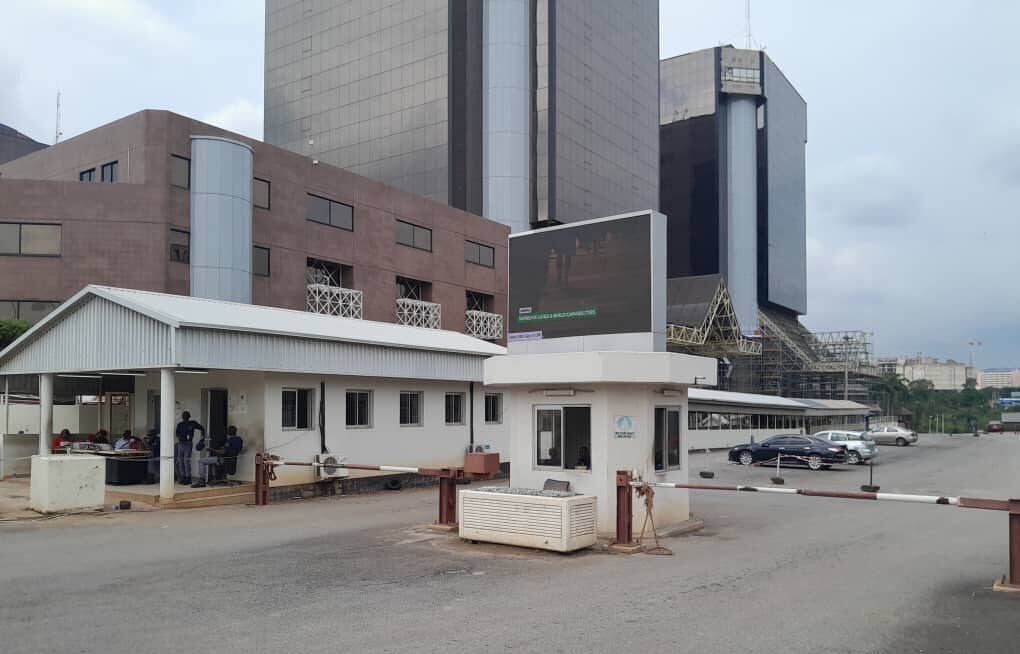Hammed Shittu in Ilorin
The President of the Kwara Association of Professional Point of Sale Agents (KAPPSA) has said that, the country’s growing dependence on POS operators in the country for financial inclusion is not being matched by adequate regulatory support.
This, the association said that, it has continued to threaten the stability of the cashless economy.
Fielding questions from journalists in Ilorin on Monday on the state of the nation’s economy, the president of the association in the state,Mr. Opakunle Ridwan Ayinde noted that, the perceived gaps in Nigeria’s financial technology administration has exposed the POS operators vulnerable to fraud, liability, and systemic inefficiencies.
According to him, “One of the gravest challenges facing POS agents is fraudulent transactions involving stolen debit cards”.
He explained that while banks and ATMs rarely face scrutiny when cash is dispensed from stolen cards, POS agents are often treated as culprits.
“In many instances, months after a transaction, agents are accused, arrested, or even jailed because they cannot produce the identity of a customer,” he said.
Ayinde described this as unjust and called on the Central Bank of Nigeria to mandate fintech companies and banks to equip POS terminals with cameras and introduce identity verification for transactions above N50,000.
He said capturing customer images and National Identification Numbers would not only protect agents but also secure consumers and reduce the scale of electronic fraud in the system.
He added, “Electronic fraud remains a pressing challenge in Nigeria. Data from the Nigeria Inter-Bank Settlement System (NIBSS) show that losses from such activities surged to more than N17 billion in 2023.
“With POS transaction volumes rising by over 40 percent in the same year, operators have become a major target for fraudsters. Another recurring problem is the confusion created by unresolved transaction disputes.
“Customers frequently experience what he described as “failed transactions” where their bank accounts are debited but the POS terminal records no payment. Instead of the banks taking responsibility, agents are forced to shoulder the blame and deal with irate customers.”
He pointed out that, a transaction should be either successful or failed, never both, and urged the CBN to implement clearer dispute resolution protocols to protect both consumers and operators.
“In 2021 alone, the CBN received more than 200,000 complaints related to electronic payments, many of them linked to POS operations,” he added.


